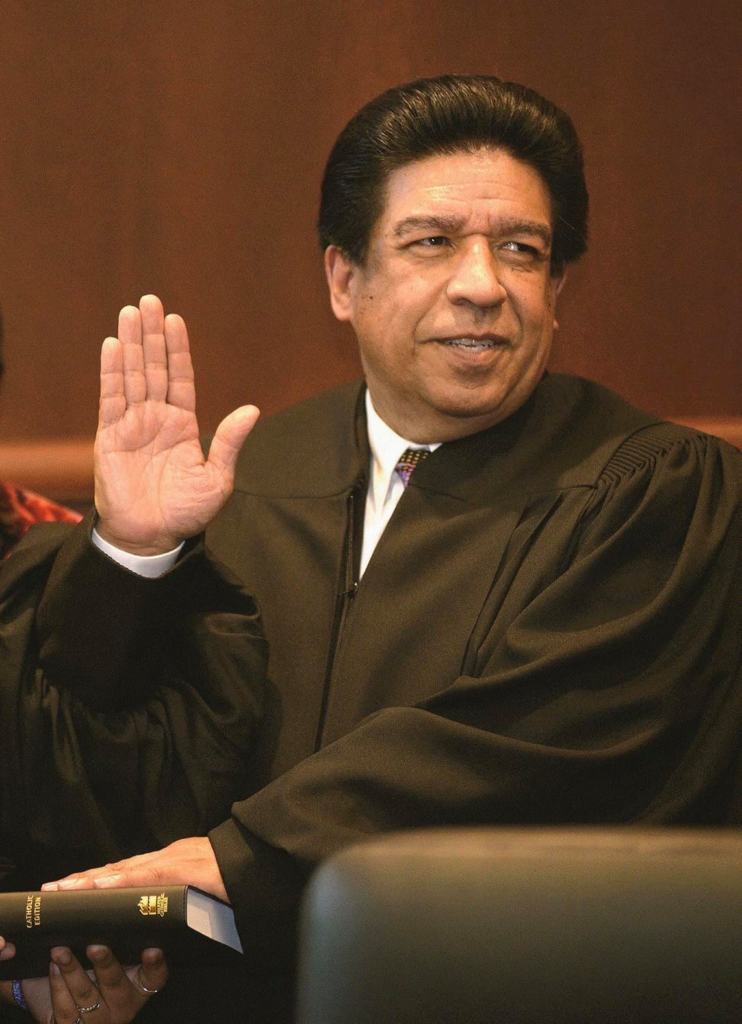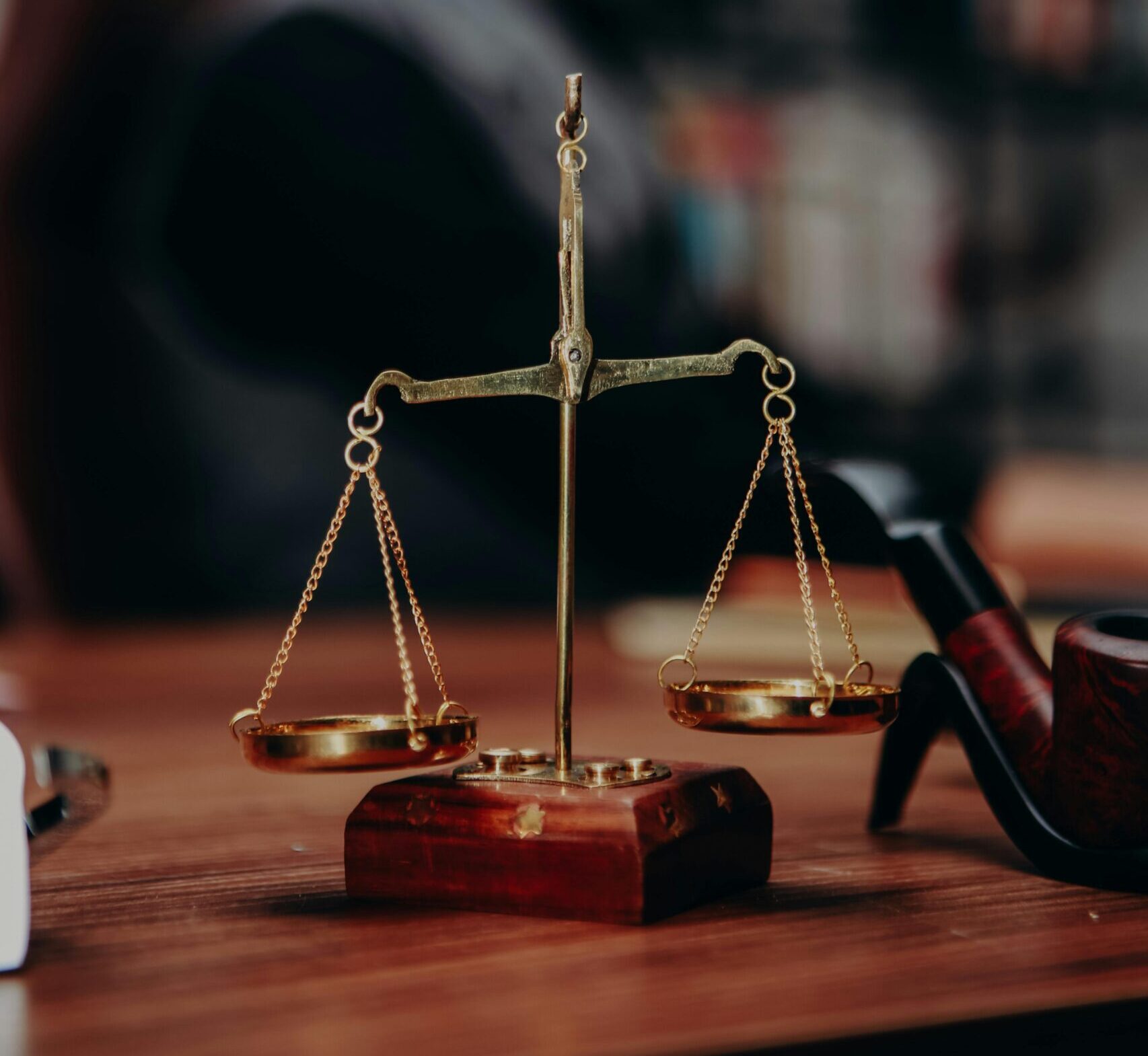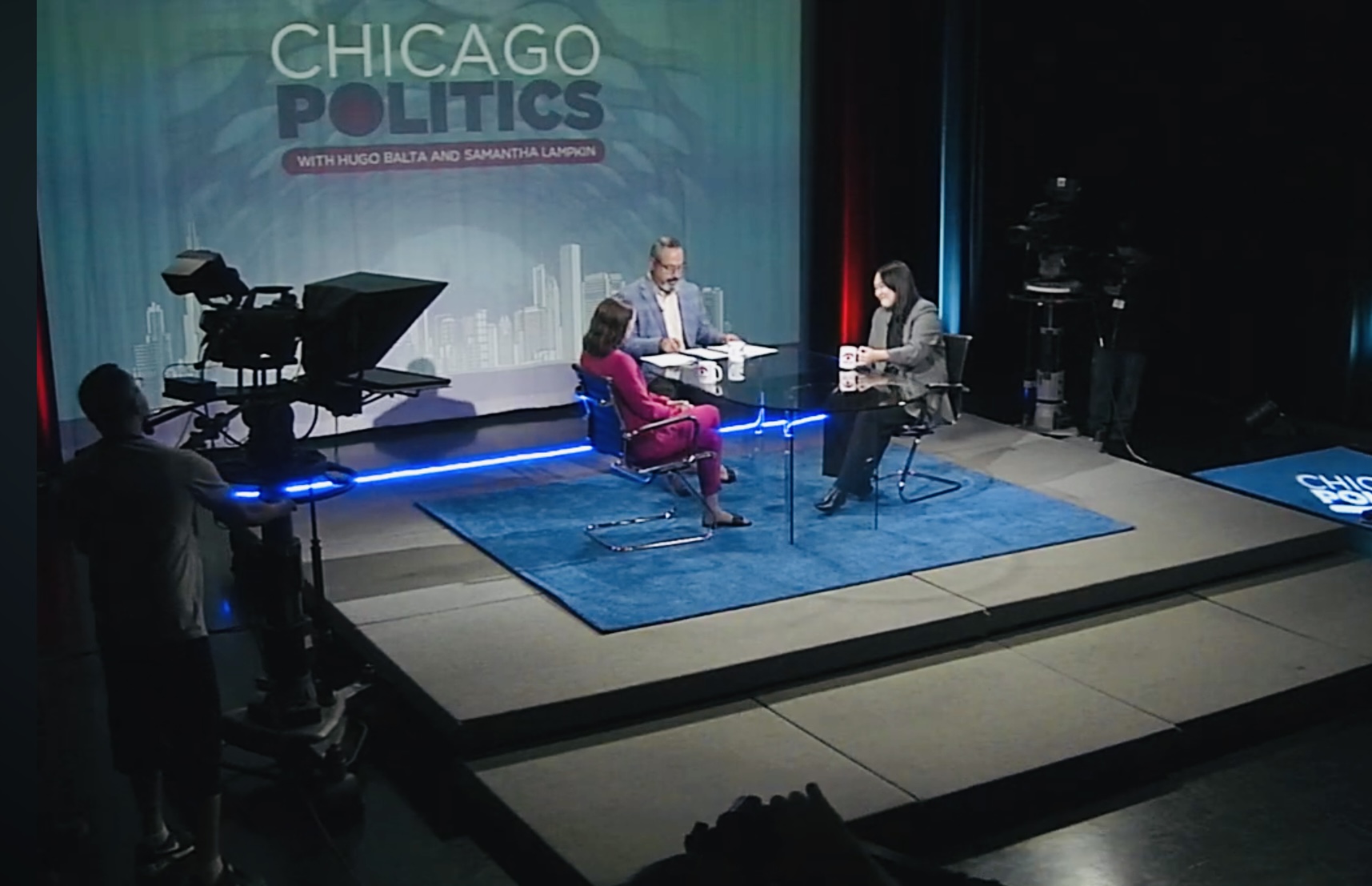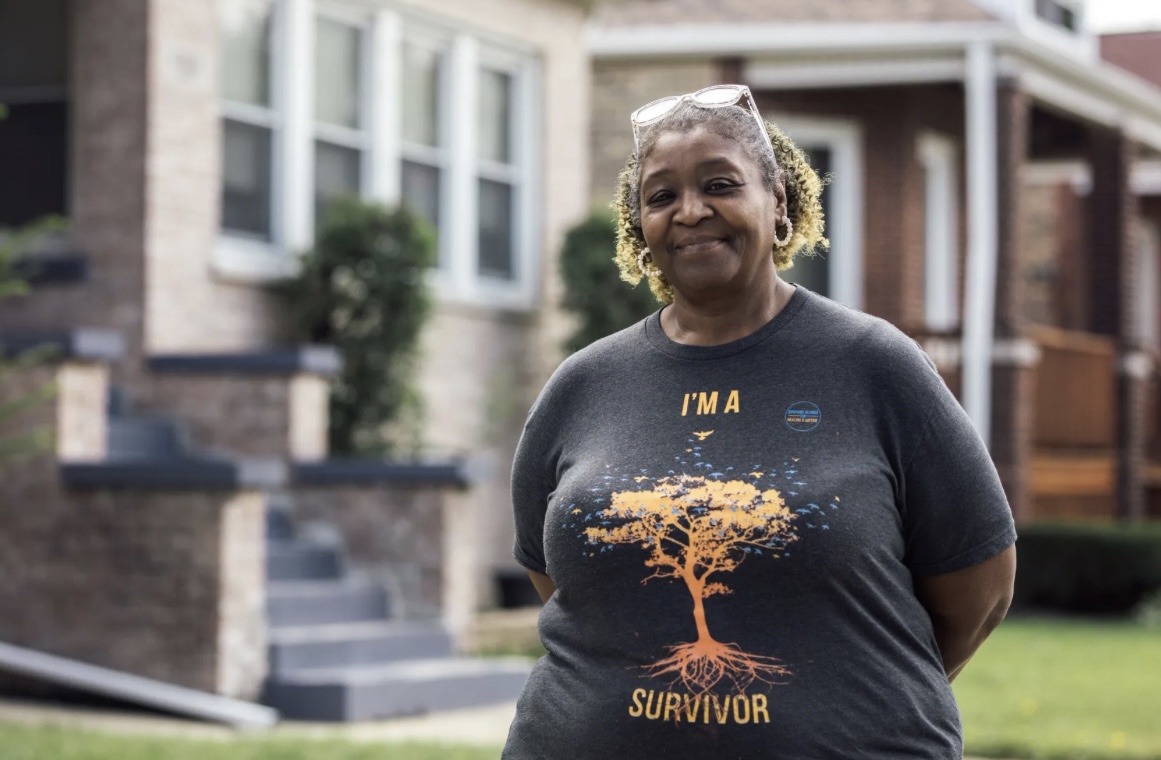In this year’s primary election, equitable, diverse representation is front and center in the Illinois State Supreme Court race.
The state’s highest court has seven judges: three African Americans and four Caucasians. Candidate for the State Supreme Court, Appellate Judge Jesse Reyes, is calling for Latino representation in the court.

“We need to have a voice on the Illinois Supreme Court,” Reyes told IL Latino News. If elected, he would be the first Latino to serve on the bench.
Reyes is challenging incumbent Justice Joy Cunningham, one of two Black women on the State Supreme Court. She has identified herself as a Black woman candidate but makes no mention of her Latinidad. Injustice Watch reported that her mother was a Panamanian immigrant.
In an interview with The Daily Line, Cunningham alluded to the fact that the state’s Supreme Court could not possibly represent every identity in Illinois.
“I think to suggest that our Supreme Court is not diverse because it does not have a Latino on it, in many respects, really makes no sense,” Cunningham said in late February. “I think when the court was completely male and completely white, then you could call it a non-diverse court. But now it has five women; it has three Black people. Justice Reyes’ argument, taken to its logical extreme would mean that every single ethnic group in Illinois should have a representative on the court. And, of course, that’s impossible.”

Cunningham’s comment was met with indignation by Latino groups. “We are shocked by Justice Joy Cunningham’s statements that imply our state’s highest court is ‘diverse enough’ without the presence of a Latino Justice. Diversity, equity, and inclusion is not a zero-sum game,” reads the joint statement from the Illinois Latino Agenda (ILA), Latino Leadership Council, and the HLAI – Serving the Hispanic Lawyers of Illinois. “We applaud that our highest court has more women and Black justices; however, that does not diminish the need for Latino representation. Such remarks not only overlook the critical importance of inclusive representation but also ignore the unique perspectives and contributions that a qualified Latino justice could bring to our judiciary.”
Illinois demographics reveal that Latinos represent 30% of Cook County and 19% of state populations.
Illinois Latino News (ILLN) repeatedly asked for an interview with Justice Cunningham but was denied. “Regrettably, Justice Cunningham’s schedule doesn’t allow an interview at this time,” wrote Kerry R. Peck, chair of Justice Cunningham’s campaign, in an email.
Cunningham’s campaign did affirm to ILLN that the justice stood by her comments on diversity made to The Daily Line, but did not comment on whether Cunningham identifies as Afro-Latina.
Reyes said he sees himself as the ideal candidate for Latinos based on his lived experiences growing up with an immigrant father from Mexico City and the advocate for issues facing the Latino community.
“Even though we come from different parts of Latin America, we’re all the same in terms of our needs, an opportunity to further ourselves and our families. We want an opportunity to advance in education and an opportunity to advance our children as well in this society.”
Identity politics and representation became important for voters in 2020. Voters wanted to see their communities fairly represented in local and national positions.
Identity politics involves individuals viewing and addressing issues based on their affiliation with a particular group. This leads to decision-making and perspectives on issues, politicians, and political parties being influenced by how they impact the relevant groups. It can involve the belief that one’s group is marginalized or facing discrimination from larger groups or society.
Michelle Bueno Vàsquez, a Ph.D. candidate at Northwestern University studying political science and the transnational Afro-Latino diaspora, said Black Latinos stand at a unique point when it comes to self-identification.
“In the United States, [Latino] kind of has evolved as like a race, or Latinos are seen as a separate race,” Bueno Vàsquez said. “Your race is determined by this identity rather than your appearance.”
Colorism, a form of discrimination based on a person’s skin tone, plays a big role in the exclusion of some Latinos both inside and outside the community.
“If you’re a Black Latino, you’re not identified as Latino by someone just looking at you,” she said. “This idea that Latinos and African Americans are kind of against each other, pitted against each other, so that leads to Latinos feeling excluded.”
The appointment of a Latino judge is not enough to represent the community, Bueno Vàsquez said.
“Having explicit Latino representation can be good or bad. I do believe more representation of all kinds and more diversity will create a better democracy, better society, but you’d have to ask whether that person’s identity then matches their politics,” she said.
To Reyes, the Court’s racial diversity remains lacking.
“The court right now is made up of African Americans and Caucasians, but again, we don’t have a diverse Court in the sense of other ethnicities, of other cultures, other lived experiences,” he said.
In her argument over diversity in the state supreme court race, Cunningham to the Daily Line said voters should focus “on experience and credentials.”
“Stay sharp. Do the research and know just because someone appears to be Latino doesn’t mean that they espouse the best policy for the group,” Bueno Vásquez said.
Early voting is open in all 50 wards, or you can vote on March 19 at any of the 51 voting centers open on Election Day.
Cover Photo by Taha Samet Arslan




